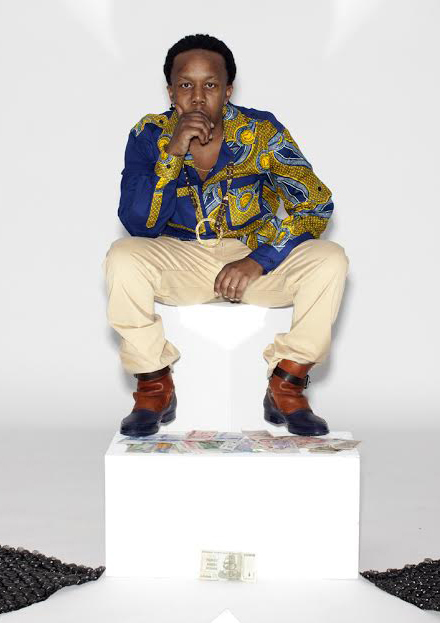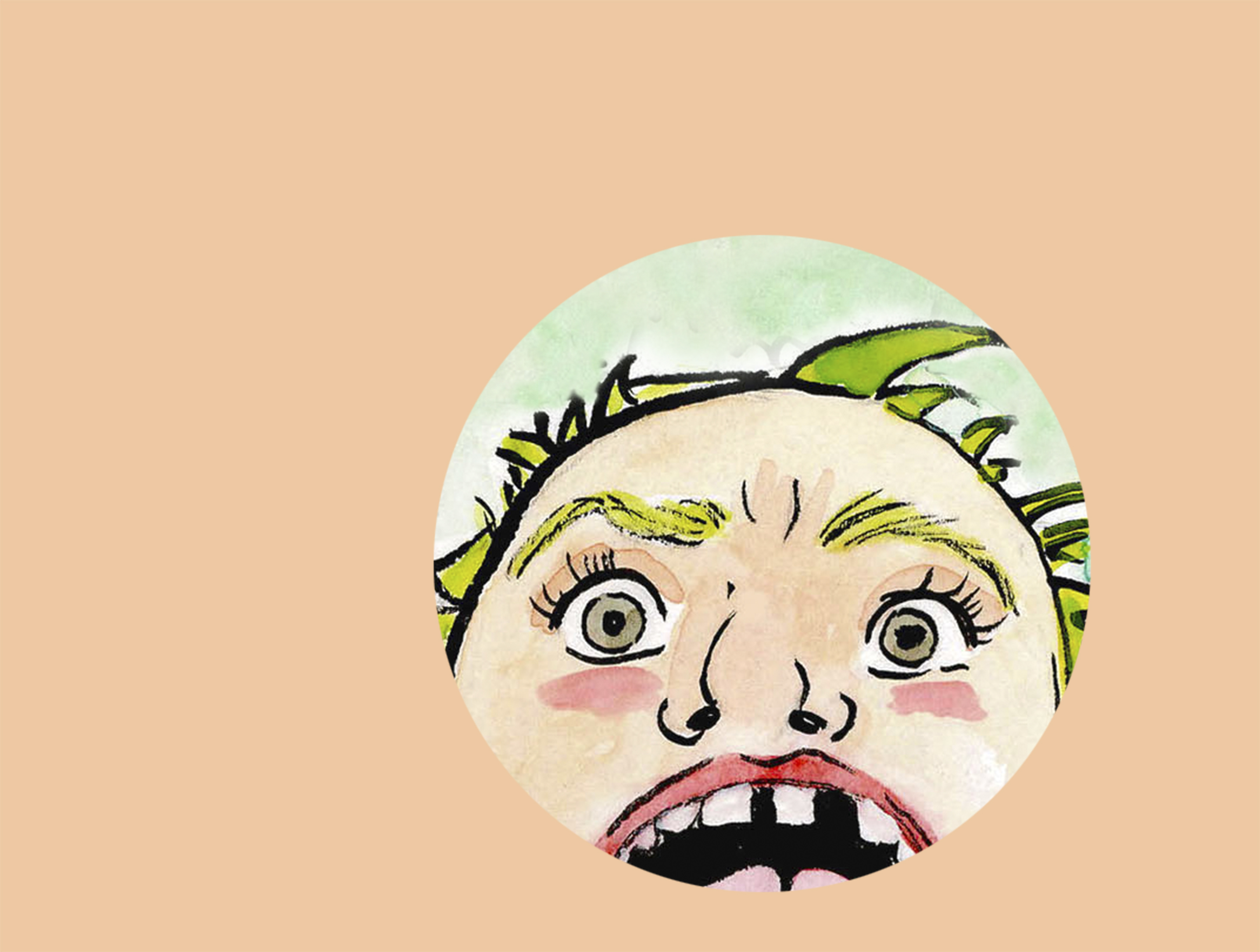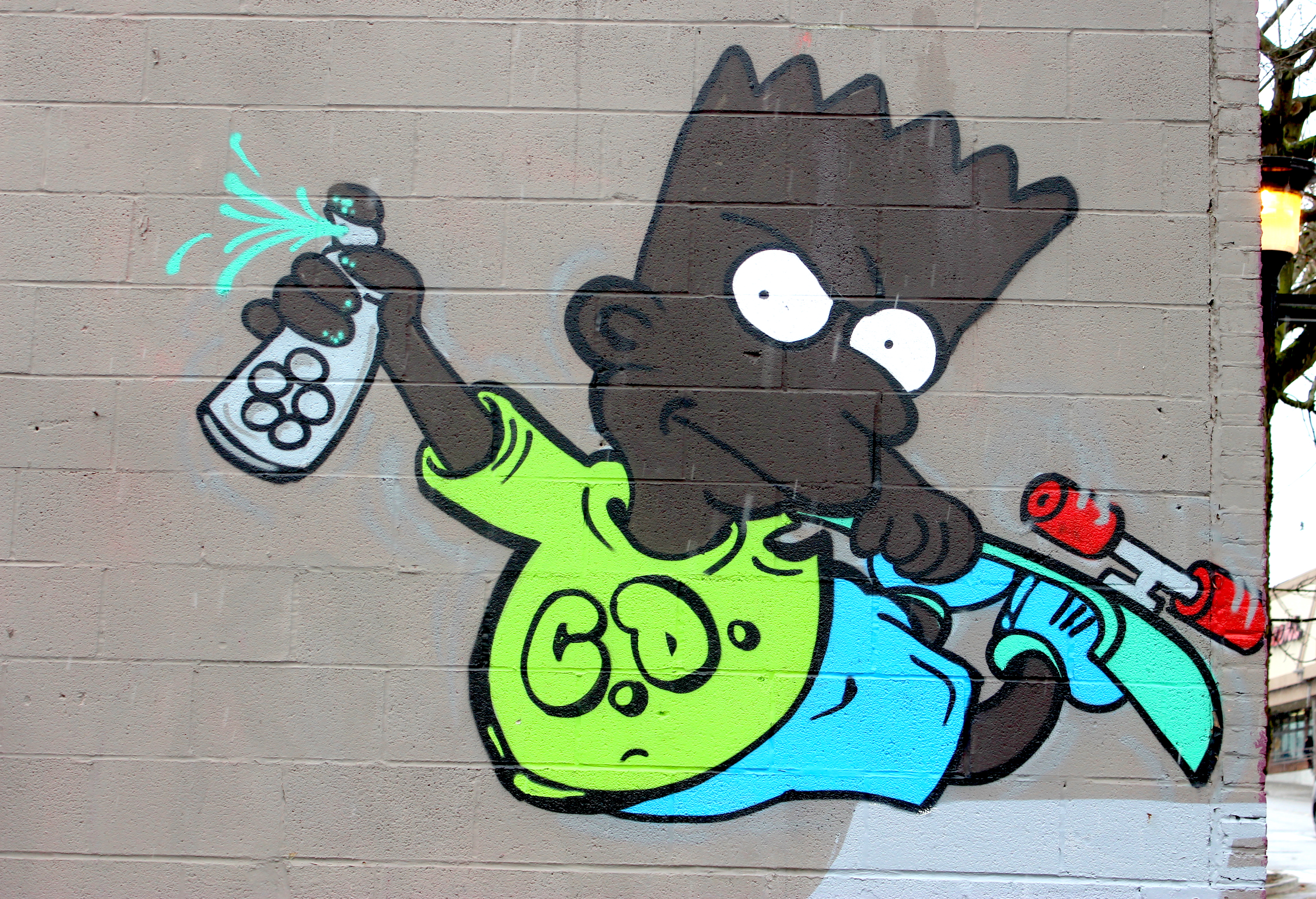When Tendai “Baba” Maraire was 25, his mother took the family to Masvingo, the Zimbabwean village where his family came from. Though Maraire grew up in the south end of Seattle, his ties to the country run deep. When his father, Dumi, moved to the States, he taught ethnomusicology at the University of Washington and Evergreen State College and specialized in the mbira, the thumb piano that helps define the joyous, haunting music of the Shona people of Africa.
During his visit, Maraire visited the hut of a nyanga, a witch doctor, with his mother and brothers. He was instantly drawn to a mbira in the room. “We were on some Biggie and Tupac at the time,” Maraire says. “That’s what was hot and what was out. [So] we were just being all wild and I saw the mbira, and I was like, ‘Yo, can I see that?’ The lady looked at me and said something, but I had to ask my mom because I don’t speak Shona. She was like ‘Yeah, it’s cool.’ ”
Maraire started playing the instrument when he was 18 months old, and from his dad learned of its many different styles and tunings. He had never played this particular one before. “I pick it up and the lady tells everyone to be quiet, and I start playing. Then all of a sudden, she starts prophesying, ‘This mbira is going to change the world. It’s going to be in front of millions of people.’ I put it down and she was like, ‘No, that’s yours.’ In her mind, it was always mine. The mbira is a very possessive instrument. It scared the life out of me, it still does.”
The nyanga certainly was on to something—Maraire went on to fuse his fascination with hip-hop and his family’s African roots to create the spacey, avant-rap of Shabazz Palaces, a project he started with Ishmael Butler that found him touring the world and playing the humble folk instrument in front of huge festival crowds.
Maraire’s project Chimurenga Renaissance, a collaboration with musician Hussein Kalonji, explores his relationship with the mbira even further in riZe vadZimu riZe, the pair’s latest album, which masterfully mixes the artist’s rich background into a blazingly unique sound.
Lead single “The B.A.D. Is So Good” features helium-warped vocals tossed over a beautiful mbira melody and a hip-hop beat, all while Maraire eloquently confronts the state of black America: “The black American dream/We all get high ’cause we all are fiends/Gangsters hustle ’cause we all have needs/The world’s gone crazy ’cause we all want cheese/So live that life of pussy, coke, and weed.”
If that sounds like a lot, it is, but the album handily manages to strike the rarely achieved golden middle ground between heady and hooky. Sonically, Chimurenga Renaissance dances among styles effortlessly—the opening track, “Red, Black & Green,” is a minimalist Pan-African anthem that sounds like a beat-boxing competition on a distant moon, while “Lean” fuses a polyrhythmic conga-drum rhythm with a trickling electro-synth line. Album standout “Go Go Gettem,” featuring Maraire’s Shabazz collaborator Ish, combines all the above with the addition of a healthy heaping of car-rumbling bass while a spooky mbira line dances underneath.
The clash of sounds might be jarring in the hands of any other artist, but for Maraire “it’s just natural,” he says. “It’s just who I am and how I grew up. A lot of the album is me telling my story. When I sit down and make music, this is just what happens—I couldn’t tell you where any of these songs end or begin.”
An elusive statement, but there’s no question the songs trace some of their origins to Africa. In fact, vadZimu in the album’s title means “family spirit,” the Shona name for the “uniting force” that brought together the previously disparate colonized tribes of Zimbabwe to successfully fight for independence from Britain in 1979, which had renamed the country Rhodesia. The ensuing battles were called the chimurenga, Shona for “revolutionary struggle.”
Maraire says that revolutionary spirit must now be projected toward reconstructing Zimbabwean culture. “We put vadZimu in the title as a way to say that it’s time for Zimbabwe to take control of its own music,” Maraire says. Thanks to a simple little folk instrument—and perhaps a witch doctor—Maraire is helping to do just that.
ksears@seattleweekly.com
riZe vadZimu riZe is out now on Brick Lane Records.








